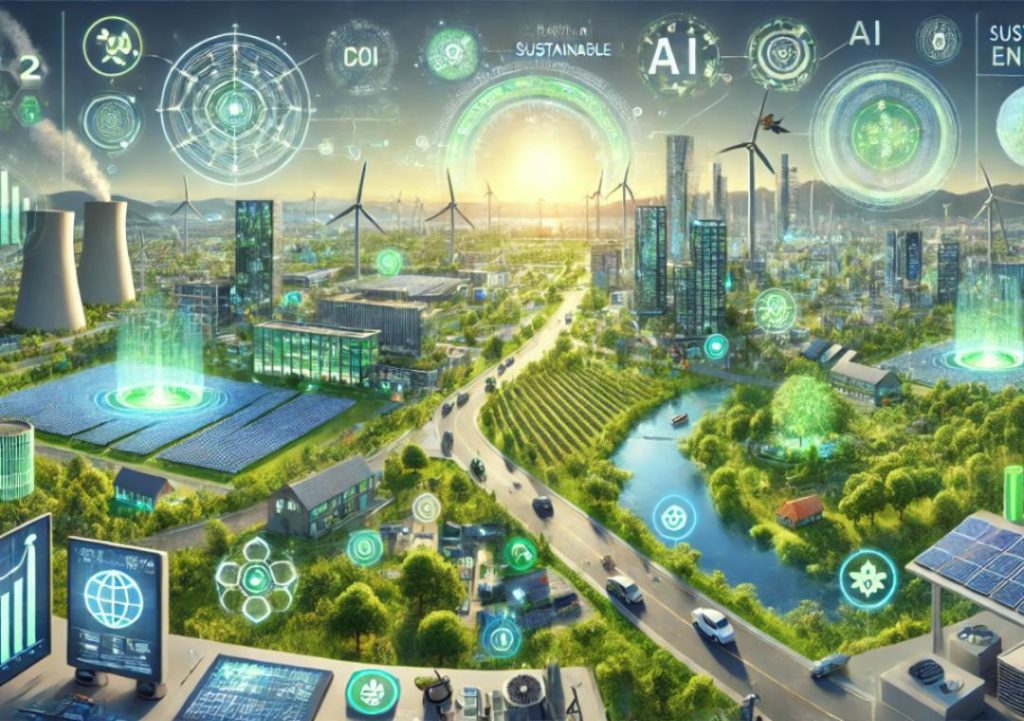
Startups Drive AI, Green Products, and Fintech Disruption
The startup ecosystem is abuzz with innovation, and the pace of disruption is accelerating. Emerging companies are leading the charge in three key areas: AI automation, eco-friendly products, and fintech disruption. These startups are using technology to transform industries, making them more efficient, sustainable, and accessible.
AI Automation: The Future of Work
Artificial intelligence (AI) is revolutionizing the way we work, and startups are at the forefront of this revolution. By automating manual tasks, AI is freeing up human resources to focus on higher-value activities. For example, AI-powered chatbots are taking over customer service, allowing human representatives to focus on more complex issues. Similarly, AI-driven tools are streamlining administrative tasks, such as data entry and bookkeeping, freeing up employees to focus on strategic decision-making.
One such startup, autom8, is using AI to automate routine tasks in the finance and accounting industries. Their platform uses machine learning to identify and prioritize tasks, freeing up accountants to focus on high-value work. According to their CEO, “Our technology has reduced manual labor by up to 75%, allowing accountants to focus on more complex tasks and increasing overall productivity.”
Eco-Friendly Products: A Sustainable Future
The world is waking up to the importance of sustainability, and startups are leading the charge. Eco-friendly products are becoming increasingly popular, as consumers demand more environmentally responsible options. Startups are responding by developing innovative products that reduce waste, conserve energy, and promote recycling.
One such startup, EcoCycle, is developing a smart recycling bin that uses AI to identify and sort recyclables. Their bin uses computer vision to recognize materials and separate them, making recycling easier and more efficient. According to their CEO, “Our goal is to make recycling as easy as possible, reducing waste and conserving natural resources.”
Fintech Disruption: Democratizing Finance
Fintech startups are disrupting traditional financial services, making them more accessible and affordable for the masses. By leveraging digital technologies, fintech startups are providing alternative financial services, such as lending, payment processing, and investment platforms.
One such startup, Stocard, is developing a digital wallet that allows users to store and manage their loyalty cards, receipts, and coupons. Their app uses AI to identify and organize user data, making it easier to track and redeem rewards. According to their CEO, “Our goal is to simplify the way people manage their finances, making it easier to save money and make smart financial decisions.”
Scaling Profitably
While these startups are driving innovation and disruption, they’re also scaling profitably. By leveraging technology and data-driven decision-making, they’re able to reduce costs and increase efficiency, making their businesses more sustainable.
One such startup, FarmLogs, is using AI to optimize crop yields and reduce waste in the agriculture industry. Their platform uses machine learning to analyze soil conditions, weather patterns, and crop growth, providing farmers with data-driven insights to improve their yields. According to their CEO, “Our platform has helped farmers increase their yields by up to 20%, reducing waste and increasing profitability.”
Conclusion
Emerging startups are spearheading trends like AI automation, eco-friendly products, and fintech disruption. They’re replacing manual labor with smart tools, promoting sustainable alternatives, and making finance accessible through decentralized models—all while scaling profitably. As the startup ecosystem continues to grow and evolve, we can expect to see even more innovative solutions to real-world problems.
News Source:






